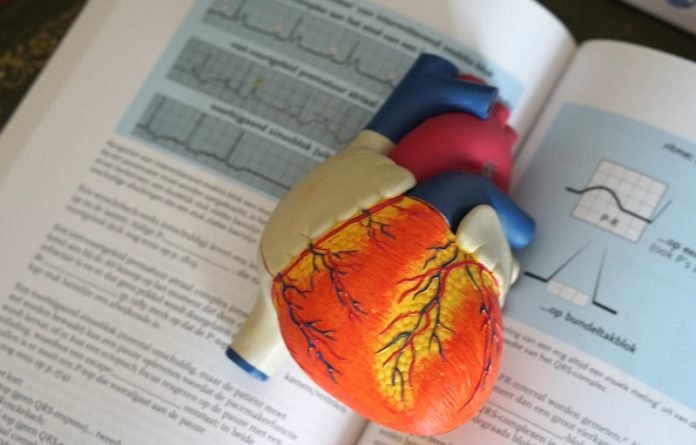
Scientists from Houston Methodist found that patients with prior COVID may be twice as likely to have unhealthy endothelial cells that line the inside of the heart and blood vessels.
This finding offers a new clue in understanding COVID-19’s impact on cardiovascular health.
In the new study, the researchers examined the coronary microvasculature health of 393 patients with prior COVID-19 infection who had lingering symptoms.
This is the first published study linking reduced blood flow in the body and COVID-19.
The team used a widely available imaging tool, called positron emission tomography (PET), to find a 20% decrease in the ability of coronary arteries to dilate, a condition known as microvascular dysfunction.
They also found that patients with prior COVID-19 infection were more likely to have reduced myocardial flow reserve—and changes in the resting and stress blood flow—which is a marker for poor prognosis and is linked to a higher risk of adverse heart events.
The findings bring new questions, but also help guide researchers toward further studying blood flow in COVID-19 patients with persistent symptoms.
Dysfunction and inflammation of endothelial cells is a well-known sign of acute COVID-19 infection, but little is known about the long-term effects on the heart and vascular system.
Earlier in the pandemic, research indicated that COVID-19 could commonly cause myocarditis but that now appears to be a rare effect of this viral infection.
A recent study from the Netherlands found that 1 in 8 people had lingering symptoms post-COVID.
As clinicians continue to see patients with symptoms like shortness of breath, palpitations and fatigue after their recovery, the cause of long COVID is mostly unknown.
The team says further studies are needed to document the magnitude of microvascular dysfunction and to identify strategies for appropriate early diagnosis and management.
For instance, reduced myocardial flow reserve can be used to determine a patient’s risk when presenting with symptoms of coronary artery disease over and above the established risk factors, which can become quite relevant in dealing with long COVID.
If you care about COVID, please read studies about why COVID-19 can trigger severe disease and death, and this inexpensive heart drug can help treat severe COVID-19.
For more information about COVID, please see recent studies about a new way to prevent many COVID-19 variants, and results showing lowering this stuff in your blood could lower risk of COVID-19.
The research was published in JACC: Cardiovascular Imaging and conducted by Mouaz Al-Mallah et al.
Copyright © 2022 Knowridge Science Report. All rights reserved.



